[最も欲しかった] sundowning 224097-Sundowning meaning
Normally around dusk People with sundowning dementia experience a heightened level of anxiety, distress or agitation at this time It can occur in people with different types of dementia, including Alzheimer'sThe Mayo Clinic defines "sundowning" as "a state of confusion occurring in the late afternoon and spanning into the night Sundowning can cause a variety of behaviors, such as confusionSundowning is a distressing symptom that affects people in mid to latestage Alzheimer's and other forms of dementia Also known by the term 'lateday confusion', it refers to the agitation and confusion often experienced by those with dementia towards the end of the day – hence the term 'sundowning'
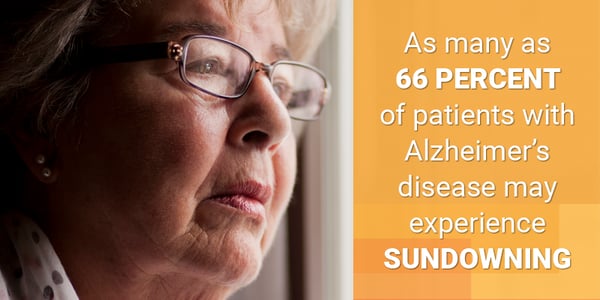
Sundowning A Guide To Difficult Behavior At The End Of The Day
Sundowning meaning
Sundowning meaning-Sundowning syndrome is a complex medical condition that occurs when a person becomes confused or agitated at nightfall Most often occurring among those with a diagnosis of dementia, it can also affect people withoutSundowning, or sundown syndrome, is a form of confusion that may occur in elderly patients including those with various types of dementia, such as Alzheimer's diseaseIt is characterized as the confusion that begins late in the day and often carries into the night



Alzheimer S Association Florida Gulf Coast Chapter Sleep Issues And Sundowning Facebook
People living with Alzheimer's and other dementia may have problems sleeping or experience increased confusion, anxiety, agitation, pacing and disorientation beginning at dusk and continuing throughout the night (referred to as sundowning) Although the exact cause is unknown, these changes result from the disease's impact on the brainAt first, symptoms of sundowning can be subtle and easy to overlookSundowning, or sundown syndrome, is a neurological phenomenon associated with increased confusion and restlessness in patients with delirium or some form of dementia
"Sundowning" is the term used to describe the agitation, irritability, confusion, and disorientation that as many as percent of all people with dementia experience in the late afternoon and evenings What Causes Sundowning?En español If your loved one has Alzheimer's disease or dementia, you may be seeing changes in their behavior in the late afternoon or early evening — a phenomenon known as sundown syndrome, sundowners or sundowning Research indicates that as many as percent of people with Alzheimer's experience sundown syndrome, according to the Alzheimer's AssociationSundowning is a distressing symptom that affects people in mid to latestage Alzheimer's and other forms of dementia Also known by the term 'lateday confusion', it refers to the agitation and confusion often experienced by those with dementia towards the end of the day – hence the term 'sundowning'
The Mayo Clinic defines "sundowning" as "a state of confusion occurring in the late afternoon and spanning into the night Sundowning can cause a variety of behaviors, such as confusionSundowning is a symptom of Alzheimer's disease and other forms of dementia It's also known as "lateday confusion" If someone you care for has dementia, their confusion and agitation may getBecause sundowning is related to changes in the sleepwake pattern, as well as changes in daytime sunlight, many experts believe that practicing bright light therapy can help decrease sundowning behaviors and severity in dementia patients Exposure to daytime sunlight, especially during the darker winter months, can help improve the patient's



Pin On Dementia Alzheimer S Care Resources
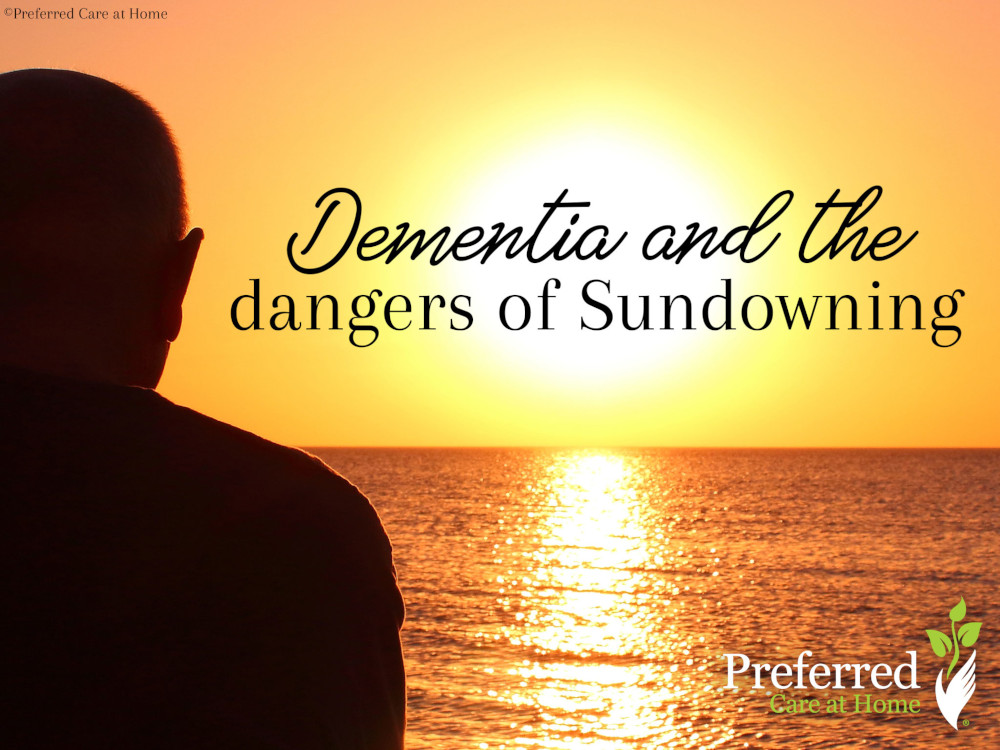


Sundowning A Secret Danger Of Dementia Pcah
Dementia is an underlying cause of sundowning, and triggers might include new, strange environments, hospitalization, and hormonal imbalances Managing symptoms is important for keeping the personSundowning, or sundown syndrome, is a form of confusion that may occur in elderly patients including those with various types of dementia, such as Alzheimer's diseaseIt is characterized as the confusion that begins late in the day and often carries into the nightSundowners syndrome, or sundowning, is a state of confusion that occurs later in the afternoon and into the night This state of confusion is most often found in patients who have dementia or Alzheimer's disease and is comprised of a range of behaviors including increased confusion, anxiety and aggression



3 Mistakes To Avoid That Make Sundowning Symptoms Worse In Dementia Youtube



Tips For Coping With Sundowning Belvedere Health Services
Sundowning, also called sundown syndrome, is the increased anxiety and agitation that some people with dementia (and occasionally some without dementia) often display in the later afternoon and evening hoursSundowning is defined as a pattern of increased confusion and agitation in the late afternoon or evening hours One of the hallmarks of dementia, however, is that symptoms do not always proceed predictably, nor are they the same for every patient Many caregivers describe dealing with increased confusion and agitation in the morning;"Just like with humans, sundowning in dogs is believed to be caused by agerelated issues such as the breakdown of the central nervous system, oxidative stress and brain cell death," explains



Sundowning With Dementia And Effective Coping Strategies Kindly Care



Shedding Light On Sundowner S Syndrome Spectrum
"Sundowning can go on all night, and it's not just a matter of wanting to go to bed early It could involve seeing people who aren't there, sometimes yelling and screaming, anxiety and fear (eg 'I know there's someone outside my window!') Medication is the best bet to ensure the whole household gets a good night's sleepSundowning is a term referring to changes in behaviour of a person with dementia in the late afternoon and evening;Sundowning sun´douning the appearance of confusion, agitation, and other severely disruptive behavior coupled with inability to remain asleep, occurring solely or markedly worsening at night;



Sundowning A Guide To Difficult Behavior At The End Of The Day



What Is Sundowning Plus 10 Tips For Coping Vineyard Henderson
Late afternoon and early evening can be difficult for some people with Alzheimer's disease They may experience sundowning—restlessness, agitation, irritability, or confusion that can begin or worsen as daylight begins to fade—often just when tired caregivers need a breakSundowning might be explained as a syndrome occurring when arousal is to be processed while the neocortex is already turned "off" to (NONREM) sleep The therapeutic measures should thus primarily be aimed at the stimulation of the circadian system and enforcing "external Zeitgebers" Pharmacologically, application of cholinergic enhancers ieAlthough researchers don't know what causes sundowning, some factors behind it may include Mental and physical
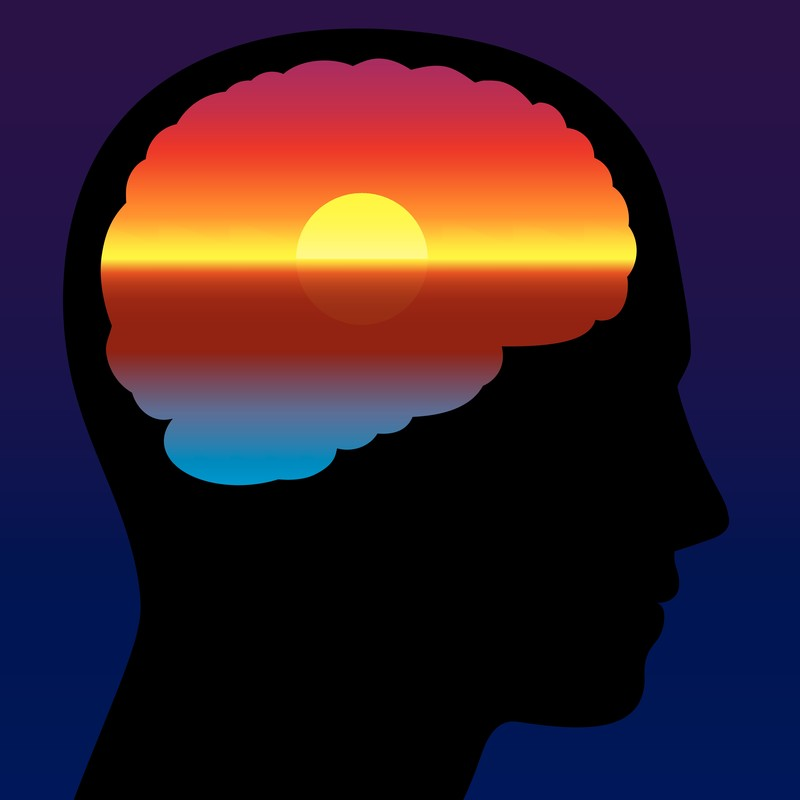


Sundown Syndrome How To Cope Deerfield Beach Fl



What Is Sundowning What Does Sundowning Mean Sundowning Meaning Definition Explanation Youtube
Sundowning is not a simple condition, but it is a common occurrence that many caregiver struggle with during their course of caring for a loved one Factors that Aggravate Sundowning Because individuals with Alzheimer's or other forms of dementia can become easily disoriented, they are often more susceptible to sundowning and the challengingAt first, symptoms of sundowning can be subtle and easy to overlookSundowning is a complex multifactorial condition that has eluded rigorous understanding of its pathophysiological causes However, strides have been made towards reducing sundowning, and new
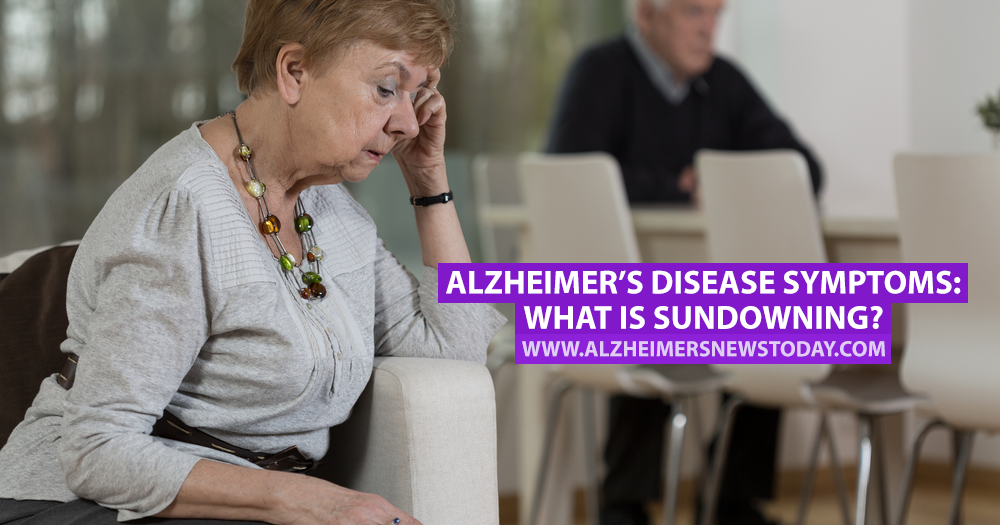


Alzheimer S Disease Symptoms What Is Sundowning Alzheimer S News Today
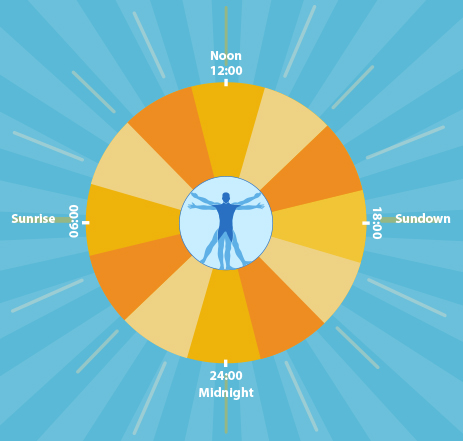


Sundowning With Dementia And Effective Coping Strategies Kindly Care
Sundowning is a complex multifactorial condition that has eluded rigorous understanding of its pathophysiological causes However, strides have been made towards reducing sundowning, and newSundowning symptoms and behaviors The symptoms and behaviors of sundown syndrome are unique to the individual While one person may show several signs at the same time, another may only exhibit one of them What are the early signs of sundowning?As sundowning is behavioral, cues in the home and environment that can stimulate a regular sleepwake cycle are most likely to help Natural light, for example, is the most important cue Having lights on — keeping the home welllit — helps the person stay oriented



How To Help Someone With Sundowner S Syndrome Enlivant


Q Tbn And9gcq6zg Z5lbayxzb6dicxktg8v9jbitpmzuqhbguqfbwu7 A331t Usqp Cau
Sundowning, or sundown syndrome, is a phenomenon that increases feelings of confusion, anxiety, and other dementia symptoms later in the day, or as the sun goes down People with sundown syndrome often experience difficulty sleeping, which can further exacerbate memory lossSundowning symptoms and behaviors The symptoms and behaviors of sundown syndrome are unique to the individual While one person may show several signs at the same time, another may only exhibit one of them What are the early signs of sundowning?Sundowning is a behavioral phenomenon associated with dementia The causes of sundowning are not well understood Researchers have suggested that it may be related to a disruption of the patient's internal clock, and it could also be related to hormones, restlessness, dim light in the twilight hours, or even caregiver stress and fatigue
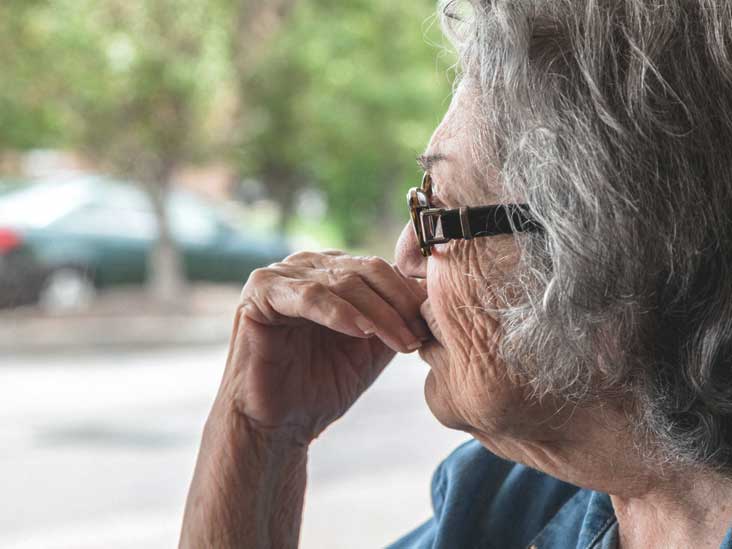


7 Tips For Reducing Sundowning



Sundowning A Guide To Difficult Behavior At The End Of The Day
Sundowning, or sundown syndrome, is a neurological phenomenon associated with increased confusion and restlessness in patients with delirium or some form of dementiaMost commonly associated with Alzheimer's disease, but also found in those with other forms of dementia, the term "sundowning" was coined due to the timing of the patient's confusion For patients with sundowning syndrome, aSundowning – tips for carers Try to support the person to do things they find relaxing and enjoyable at this time of day Think about what's happened during the day Could the person be trying to communicate a need, such as needing the toilet, feeling hungry or being in pain?"Sundowning" References in the ICD10CM Index to Diseases and Injuries References in the ICD10CM Index to Diseases and Injuries applicable to the clinical term "sundowning" Sundowning F05 Delirium due to known physiological condition
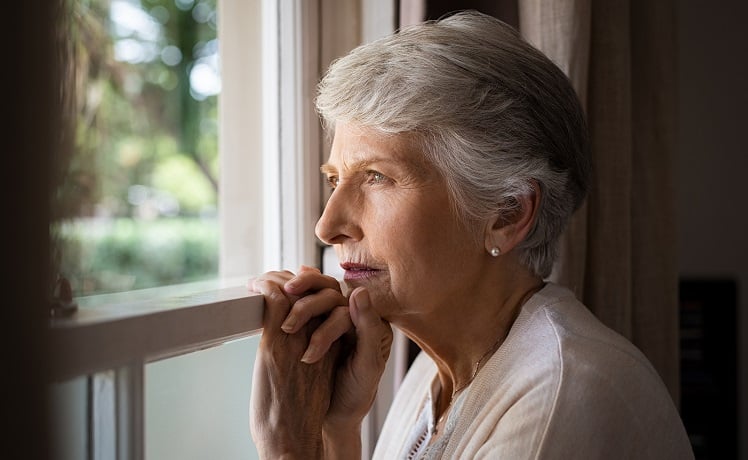


Sundowning In Seniors With Alzheimer S Dementia


Q Tbn And9gcq3xhol1s7yxn0y4n8owpi Grtlitlf5c2yyyafjin9chokqh7x Usqp Cau
Also known as "lateday confusion," Sundowning is a symptom of midstage to advanced dementia of Alzheimer's disease How Sundowners Syndrome Affects Individuals Sundowners Syndrome cause behaviors to escalate, such as mood changes, anger, crying, fear and wandering Sundowning is thought to be triggered by fading lightSundowning itself is not a disease, but it is a group of symptoms that tend to occur at a specific time of the day affecting persons with dementia Even though sundown syndrome is real, it is one of the most misunderstood dementia behaviorsThe term "sundowning" refers to a state of confusion occurring in the late afternoon and spanning into the night Sundowning can cause a variety of behaviors, such as confusion, anxiety, aggression or ignoring directions Sundowning can also lead to pacing or wandering
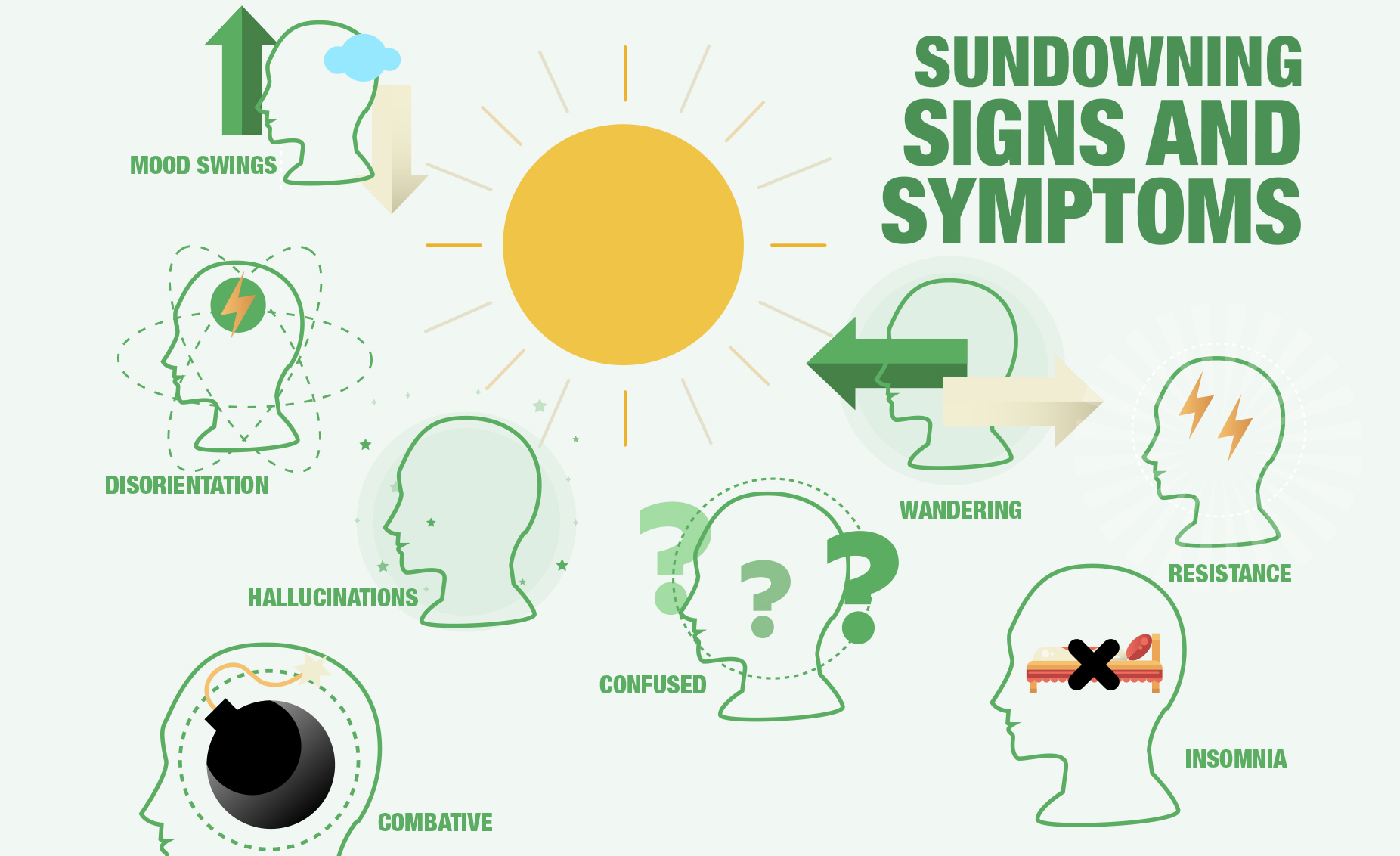


Sundowning With Dementia And Effective Coping Strategies Kindly Care
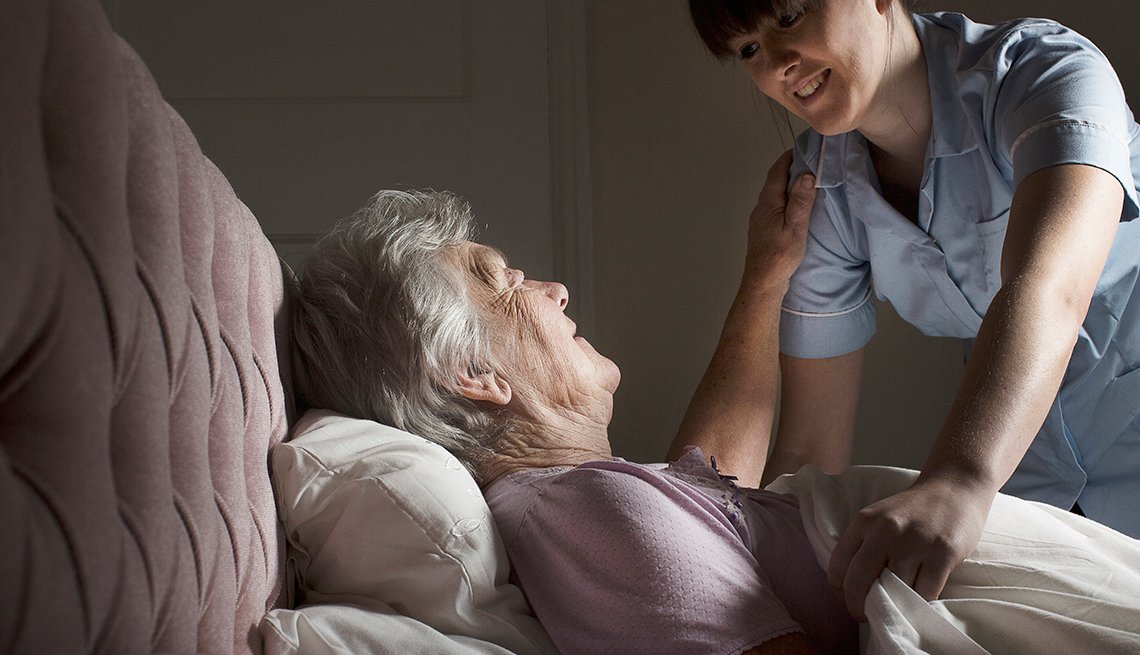


How Dementia Caregivers Can Soothe Sundown Syndrome
Although researchers don't know what causes sundowning, some factors behind it may include Mental and physicalWhen you are with someone who has Alzheimer's disease, you may notice big changes in how they act in the late afternoon or early evening Doctors call it sundowning, or sundown syndrome FadingSometimes seen in older patients with dementia or other mental disorders



7 Ways To Reduce Dementia Sundowning Symptoms Dailycaring



Sundown Syndrome What Is It How You Can Lessen Its Effects
Sundowning Sundowner's Syndrome Sundowners These commonly used terms all refer to the behaviors we often see in older persons in private homes, nursing facilities, assisted living facilities, memory care units, and hospitalsCaregivers, hospital staff, and longterm care facility staff see it in their daily workThe condition was first seen in patients with dementia when caregivers noticed worsening confusion and irritability after sunset While there is no cure, you can help your dog cope with the symptoms of sundowning"Sundowning can go on all night, and it's not just a matter of wanting to go to bed early It could involve seeing people who aren't there, sometimes yelling and screaming, anxiety and fear (eg 'I know there's someone outside my window!') Medication is the best bet to ensure the whole household gets a good night's sleep



Exploring The Causes And Meaning Of Sundowning Recorded Webinars Positive Approach To Care



Dealing With Sundowning Atascadero Assisted Living
When someone is sundowning, they may be *agitated (upset or anxious) *restless *irritable *confused *disoriented *demanding *suspicious they also may *yell *pace *hear or see things that"Sundowning" is the term used to describe the agitation, irritability, confusion, and disorientation that as many as percent of all people with dementia experience in the late afternoon and evenings What Causes Sundowning?Sundowning is not a simple condition, but it is a common occurrence that many caregiver struggle with during their course of caring for a loved one Factors that Aggravate Sundowning Because individuals with Alzheimer's or other forms of dementia can become easily disoriented, they are often more susceptible to sundowning and the challenging



Pdf Sundowning In Dementia Clinical Relevance Pathophysiological Determinants And Therapeutic Approaches



10 Ways To Manage Sundown Syndrome How Dementia Caregivers Can Soothe Anxiety In The Evening
"Sundowning can go on all night, and it's not just a matter of wanting to go to bed early It could involve seeing people who aren't there, sometimes yelling and screaming, anxiety and fear (eg 'I know there's someone outside my window!') Medication is the best bet to ensure the whole household gets a good night's sleepWhen someone is sundowning, they may be *agitated (upset or anxious) *restless *irritable *confused *disoriented *demanding *suspicious they also may *yell *pace *hear or see things thatSundowning, by its very name, occurs at a specific time of day, generally starting in the late afternoon and lasting until bedtime It is thought to be associated with impaired circadian rhythmicity, environmental and social factors, and impaired cognition



Alzheimer S Association Florida Gulf Coast Chapter Sleep Issues And Sundowning Facebook



What Is Sundowning How To Cope And Best Strategies Hope
Sundowning mostly affects people with middlestage or advanced dementia Cause Of Sundowning The cause of sundowning is not yet clear Researchers, however, believe that it is a result of a disruption in circadian rhythms which is the human natural body clock"Sundowning" is the occurrence or exacerbation of behavioral symptoms of Alzheimer's disease in the afternoon and evening Method Circadian rhythms of core body temperature and motor activity were measured in 25 patients with diagnoses of probable Alzheimer's disease and in nine healthy individualsSundowning, or sundown syndrome, is a form of confusion that may occur in elderly patients including those with various types of dementia, such as Alzheimer's diseaseIt is characterized as the confusion that begins late in the day and often carries into the night
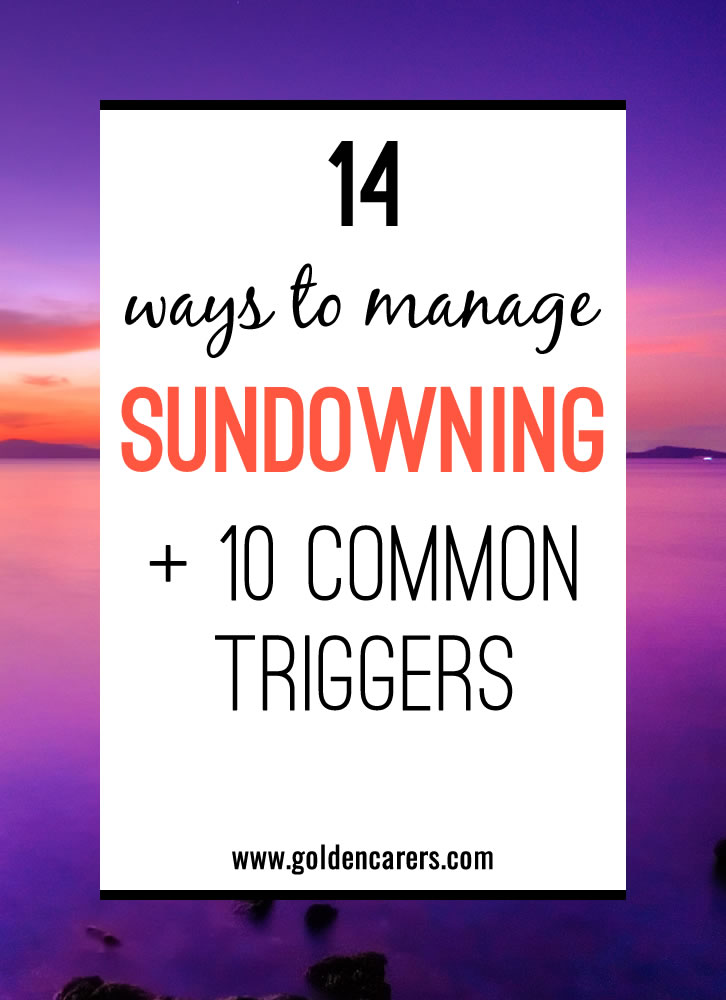


Sundowning Symptoms Triggers Strategies



Sundowning Syndrome What Is It And Why Does This Happen Youtube
"Sundowning" References in the ICD10CM Index to Diseases and Injuries References in the ICD10CM Index to Diseases and Injuries applicable to the clinical term "sundowning" Sundowning F05 Delirium due to known physiological conditionIntroduction Sundowning syndrome is a complex medical condition that occurs when a person becomes confused or agitated at nightfall Most often occurring among those with a diagnosis of dementia, it can also affect people without



Sundowning In Patients With Dementia Infographic



Sundowning Deluxe Explicit By Sleep Token On Amazon Music Amazon Com
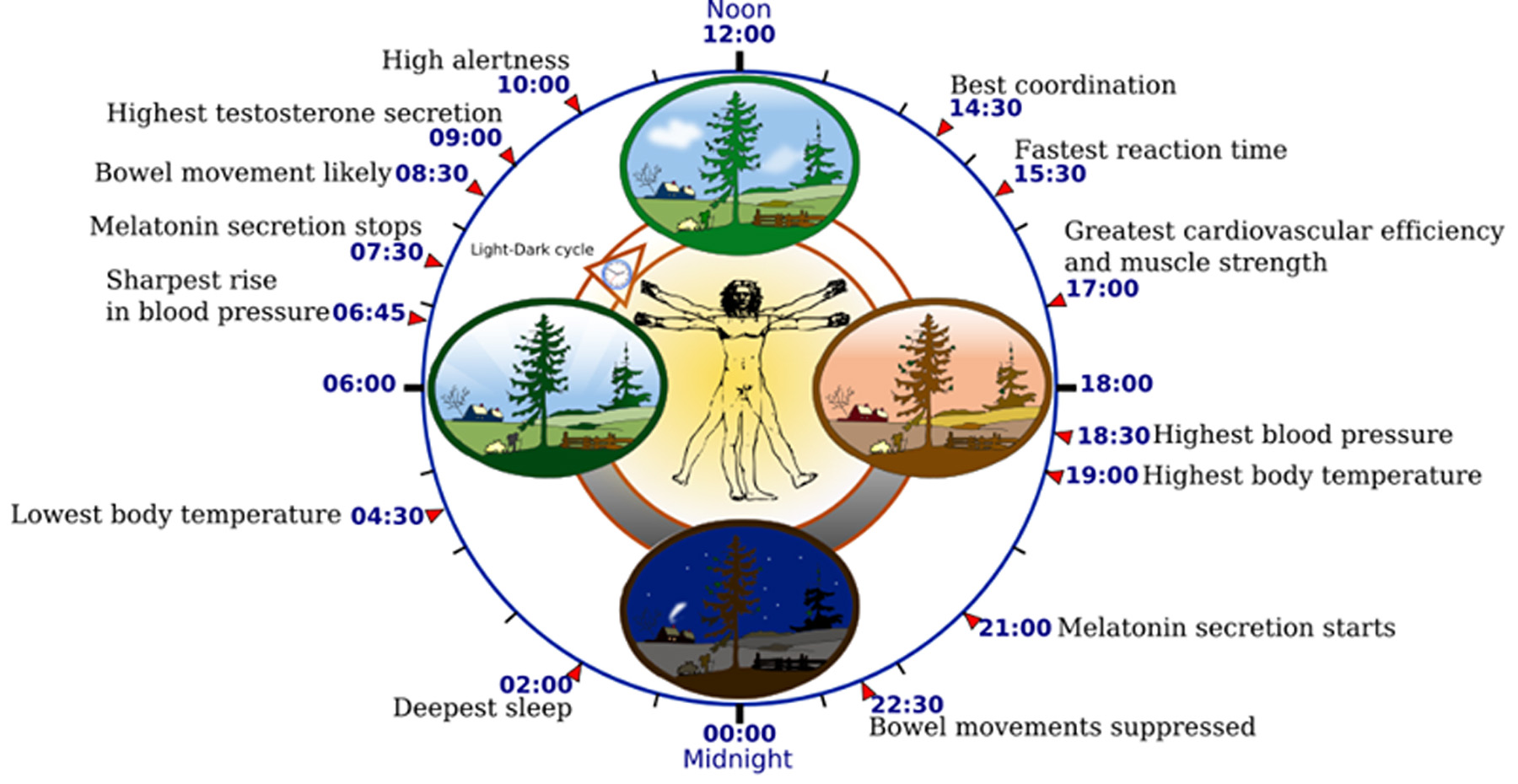


Dementia Sundowning Concepts From Karen Francis George Rook



Tips For Coping With Sundowning National Institute On Aging



Restlessness Or Sundowning Alzheimer Society Of Canada


Sundowning By Sleep Token Album Art Pop Reviews Ratings Credits Song List Rate Your Music



Sundowning A Guide To Difficult Behavior At The End Of The Day
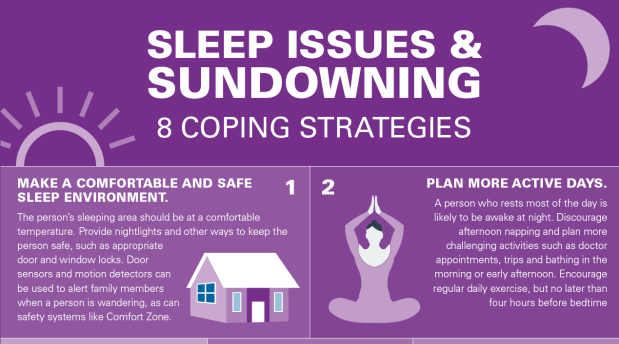


Infographic Coping Strategies For Sundowning And Sleep Issues Alzheimers And Dementia Blog Alzheimers Association Of Northern California And Northern Nevada



3 Activities For Dementia Patients That Stop Sundowning Youtube
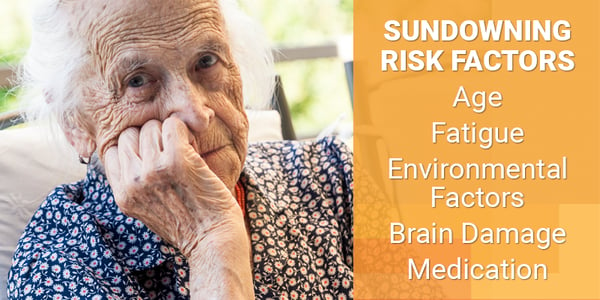


Sundowning A Guide To Difficult Behavior At The End Of The Day
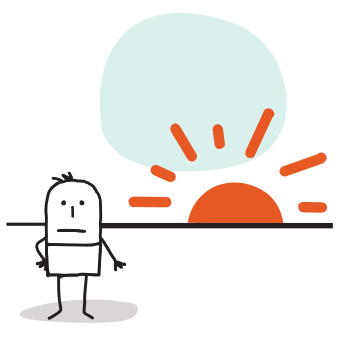


What Is Sundowning And How To Help Alzheimer S San Diego



Light Therapy For Sundowners Seniorsmatter Com



What Is Sundowning How To Cope And Best Strategies Hope



7 More Ways To Manage Dementia Sundowning Symptoms Remelife
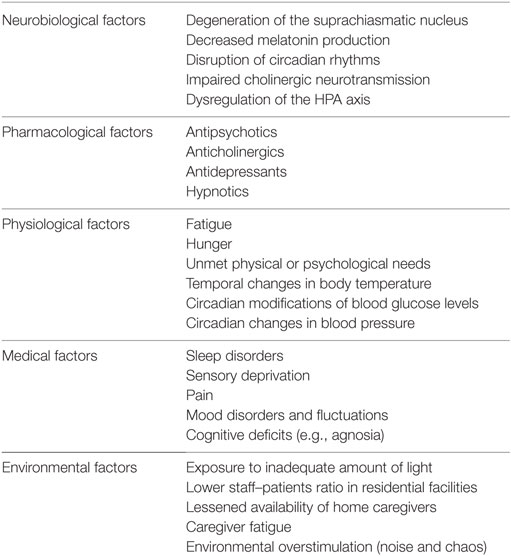


Frontiers Sundowning In Dementia Clinical Relevance Pathophysiological Determinants And Therapeutic Approaches Medicine



Signs And Symptoms Of Sundowning Syndrome



Sundowning Is A Symptom Of Dementia Just Be Dementia Friendly



8 Tips To Minimize The Behaviors Of Sundowning Seniors At Home


Www Acts2project Org Resources Skills Caregivingtips Sundowning Final 13jun24 0 Pdf
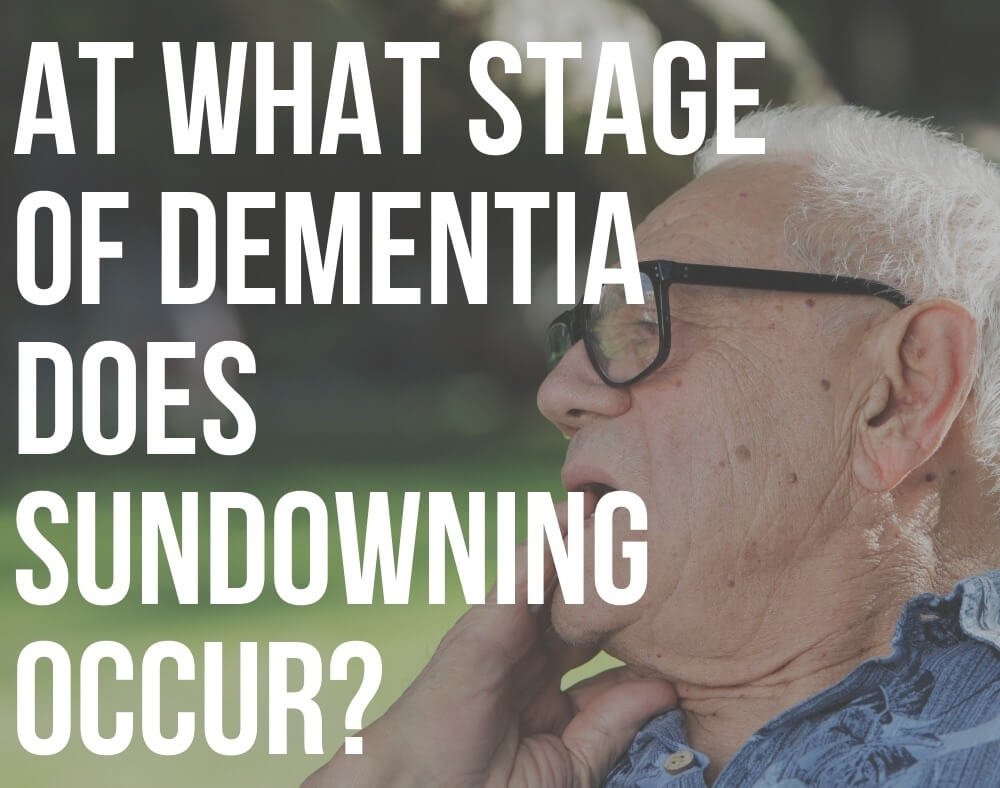


At What Stage Of Dementia Does Sundowning Occur Readementia



What Is Sundowning And Why Does It Occur Aegis Living



10 Tips To Recognize Reduce Sundowning Delirium In Dementia Patients Arbors At Marietta



Tips For Coping With Sundowning National Institute On Aging
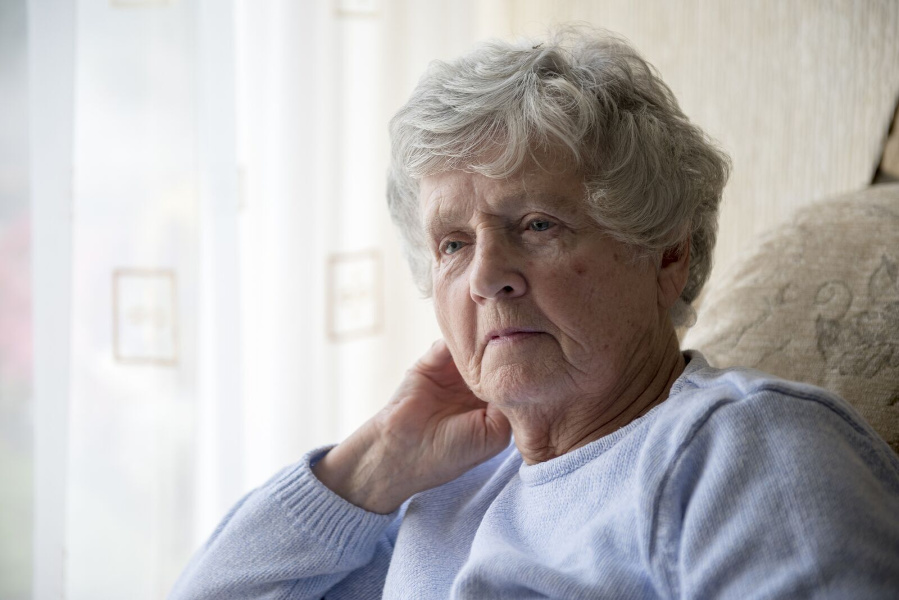


How To Find Patterns In Sundowning For Your Senior Prime Home Health



Sundowning And Dementia How To Manage Signs And Symptoms Right At Home Senior Home Care Blog



Pdf Treatment Options For Sundowning In Patients With Dementia



What Is Sundowning Syndrome And How Does It Affect Seniors 24 Hour Home Care
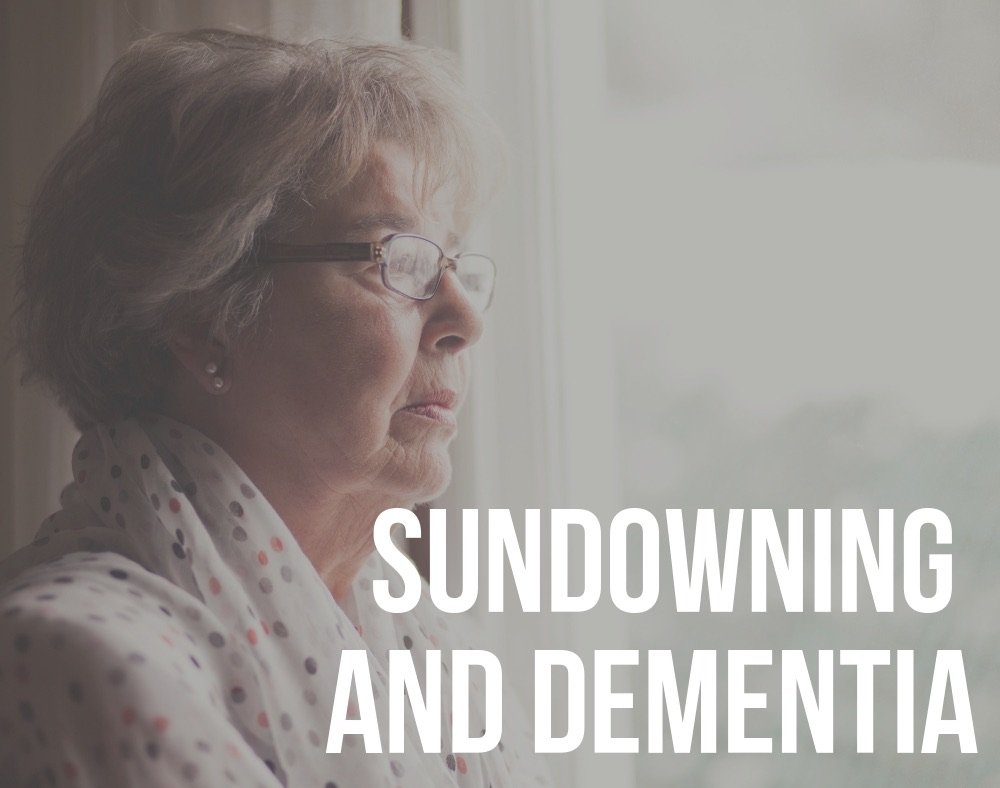


Sundowning And Dementia A Pattern Of Deterioration Readementia



Home Health Care Honolulu Tips For Recognizing Sundowning
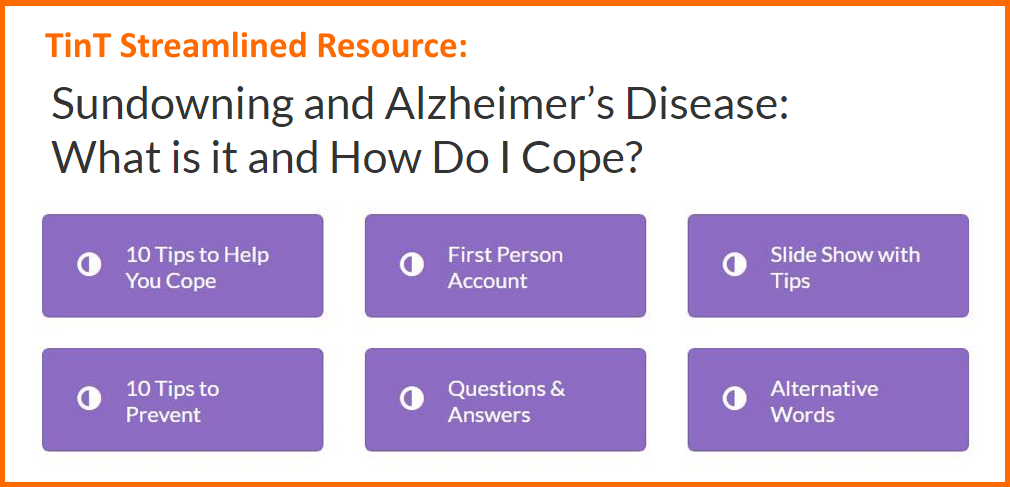


10 Tips To Help You Cope With Dementia Related Sundowning Together In This



Do You Know What Sundowning Syndrome Is Has Your Loved One Experienced It If They Have Then You Know That It Is Dementia Stages Of Dementia Dementia Symptoms



Sleep Token Sundowning Amazon Com Music



What Is Sundowning Compassionate Education



Disorientation And Sundowning Live Better With Dementia



Dementia Care Sundowning Relias Academy



Sundowning With Dementia And Effective Coping Strategies Kindly Care
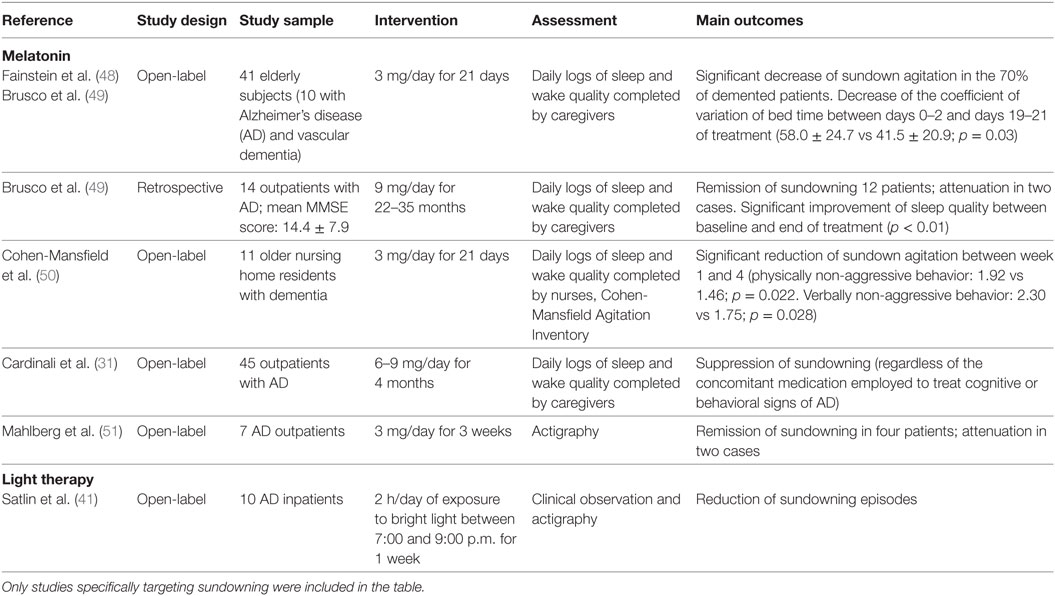


Frontiers Sundowning In Dementia Clinical Relevance Pathophysiological Determinants And Therapeutic Approaches Medicine



What Is Sundowning


What S Behind Sundowning Part 1 Silver Century Foundation



Spinefarm Records


Caregiver4caregivers Managing Sundowning Part A



Sundowning Phenomenology Pathophysiology And Treatment Approaches Psychiatry Advisor



Pin On Dementia



Coping With Sundown Syndrome Alzheimer Care Elderly Care Alzheimer S Disease



What Is Sundowning
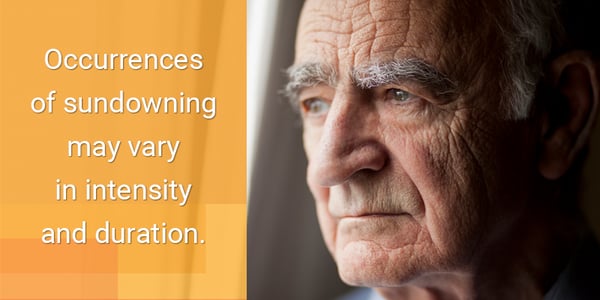


Sundowning A Guide To Difficult Behavior At The End Of The Day
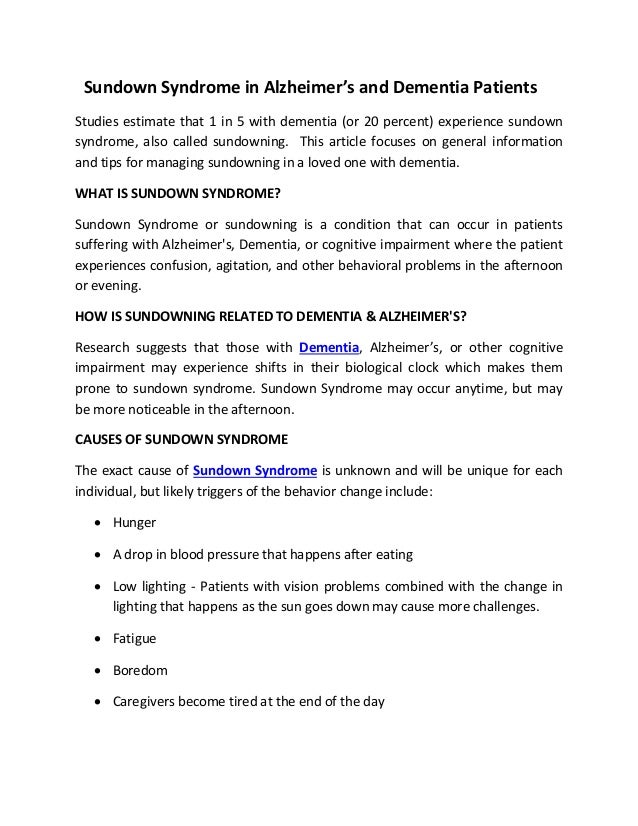


Sundown Syndrome In Alzheimer S And Dementia Patients



Sundowning And Delirium Psychiatry Lecture Slides Docsity



Sundowning And Dementia Symptoms And Treatment Norton Healthcare Louisville Ky


8 Coping Tips For Dementia Sundowning And Sleep Issues Infographic Dailycaring



Dementia Sundowning By Jessica E Jessica D Overview This Presentation Will Cover Topics Regarding Sundowning In Dementia 1 Introduction 2 Sundowning Ppt Download


Sundown Syndrome What Is Sundowning And How Is It Managed



Dementia Uk Tips To Reduce Symptoms Of Sundowning Express Co Uk


Behaviors Of Dementia Sleep Issues And Sundowning The Cottages


What Is Sundowning And How Does It Affect Dementia
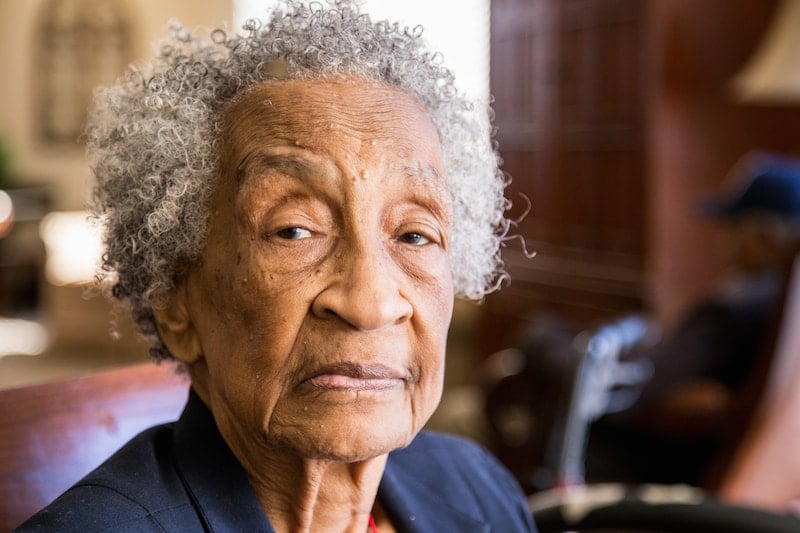


5 Ways To Ease Sundowner S Syndrome Seniorly



8 Ways To Minimize Sundowning Syndrome



9 Tips And Ideas For Sundowning Dementia At Home Artsy Fartsy Life



Sundowning Album Wikipedia


Sundown Syndrome Can Be A Sign Of Alzheimer S Disease Healthmatters



Alzheimer S Disease Symptoms What Is Sundowning Alzheimer S News Today
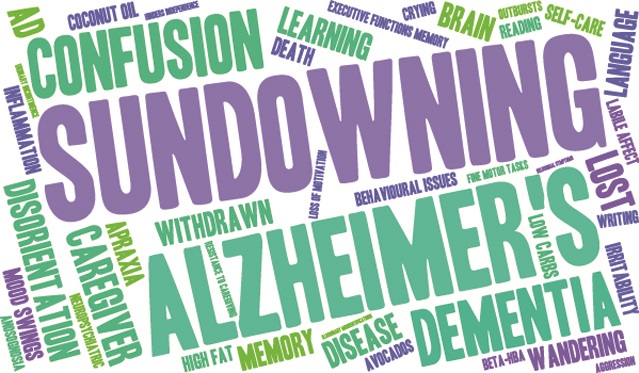


How To Cope With Sundowning Home Helpers Home Care


Sundown Syndrome In Patients With Dementia Facts And A Case Study


Q Tbn And9gct Bnsknq5utj0mj8hw1afyy 8 Jlex3r37zzppe X09so6wi02 Usqp Cau



Sundowning With Dementia And Effective Coping Strategies Kindly Care


Q Tbn And9gcrz9j9qjvwn0a5hsbo2qvjm2iegquc09ahgc Tuftddut23dc8s Usqp Cau


Sundowning And The Sleep Conundrum Of Dementias And Alzheimer S Disease Going Gentle Into That Good Night
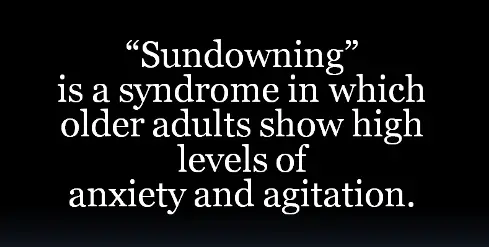


What Is Sundowning And How Can You Prevent It Elder Guru
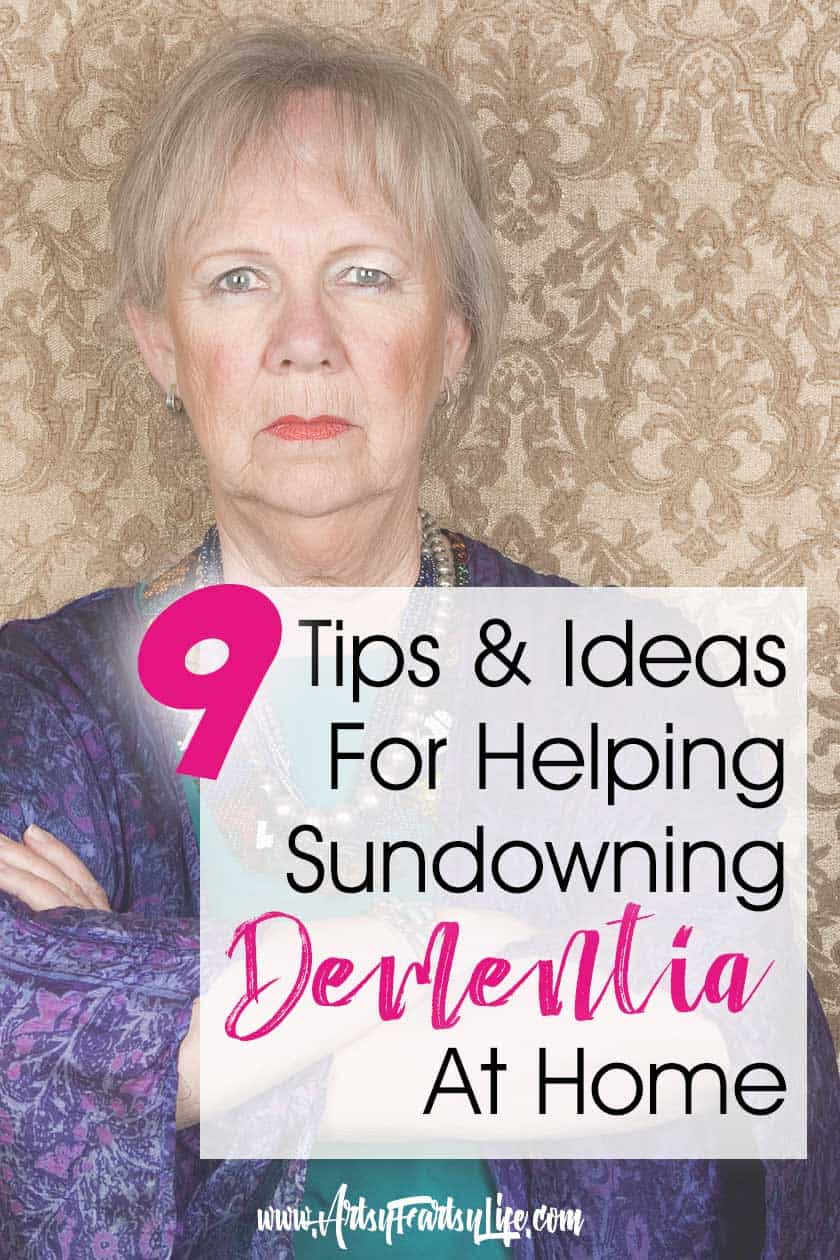


9 Tips And Ideas For Sundowning Dementia At Home Artsy Fartsy Life



Sundowning Syndrome Is Alzheimer S Caregiver Support Facebook



Sundowners Syndrome



Living With Dementia What To Know About Sundowning Healthyu


How To Cope With Sundowning Home Helpers Home Care



Our In Home Care Blog Nassau County Ny Brightstar Care


コメント
コメントを投稿